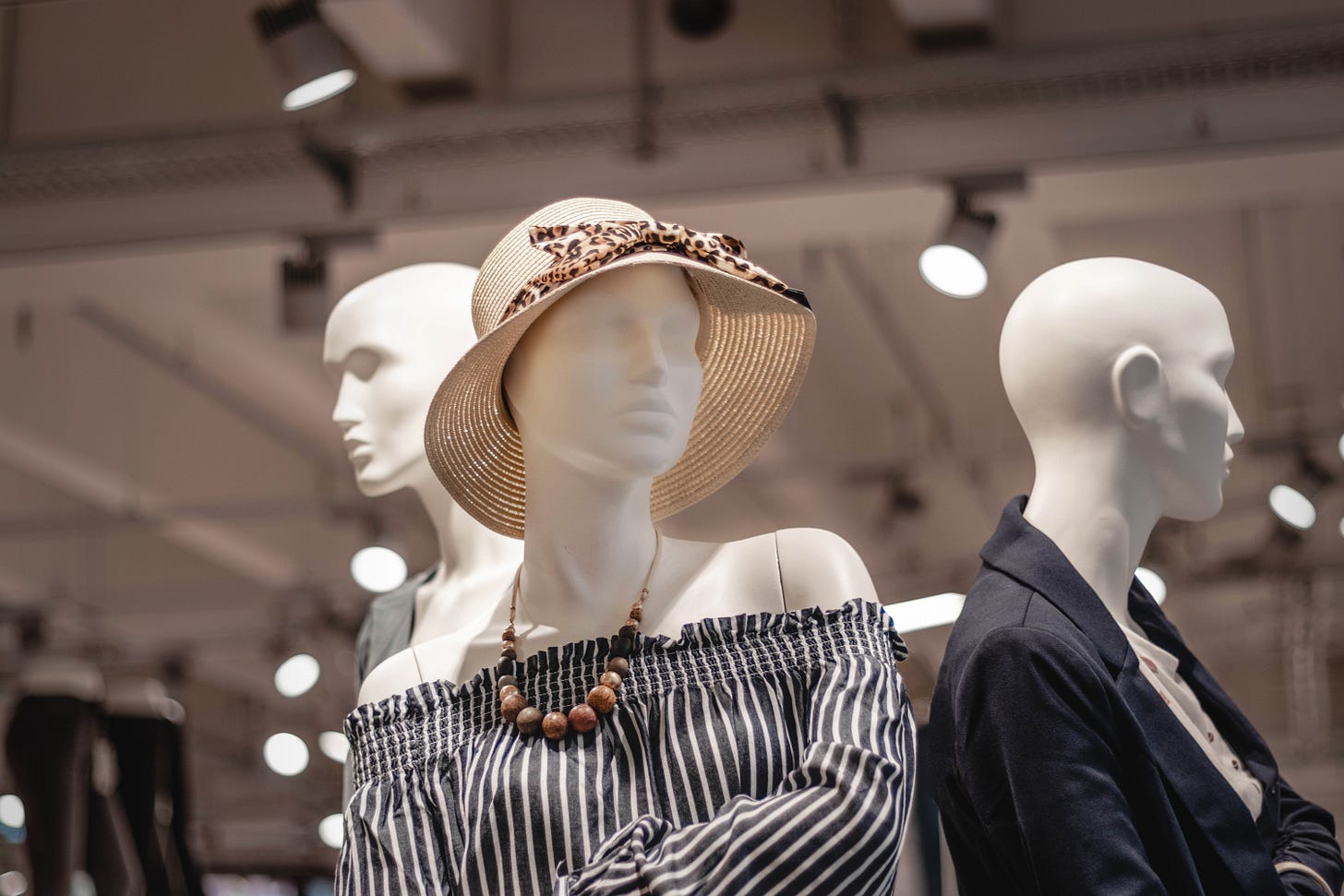Big spenders?
It is widely speculated that savings amassed during lockdowns will result in a consumer spending boom but we need to factor in human psychology
Consumers in the world’s largest economies have amassed a savings hoard estimated at $2.9 trillion during COVID-related lockdowns according to Bloomberg Economics. They estimate that households in the U.S., China, U.K., Japan as well as the biggest European nations have saved money during the pandemic due to to staying home and away from the shops. There is widespread speculation that these savings will provide fuel for economies to rebound once COVID is finally under control in these nations and people go on a shopping spree.
But how confident are we that consumers will actually do this? As ever, it’s hard to predict how people will behave as there are a lot of different factors at play in the decision.
First, we need to recognize that the financial situation is very uneven with vast swathes of populations being tipped into difficult situations including poverty. Savings for many will be non-existent and any uplift of income will inevitably used for paying down debt.
But for those with built up savings then we suspect it is business as usual and will be spend, spend, spend - partly as this is what governments want to restore the economy and partly as the prevailing money-related social identities around money are to do with spending not saving (think Big Spender versus Scrooge).
Having said that - there is a big unknown about the existential impact of the pandemic on our collective mindsets. Death has been a constant companion, and indeed sadly continues to be for many: Terror Management Theory suggests that this proximity means we can see more clearly that death is inevitable and often unpredictable. This produces terror, meaning we look to a combination of escapism as well as adoption of cultural beliefs to see more significant and enduring meaning and value for ourselves. So what might the effect of this be?
History would suggest we aim to erase our memory of the epidemic as soon as possible: note that we have monuments to those who died in battle but less so for those who died in pandemics. We may seek escapism of the existential terror we have all experienced. This could well lead us to the consumer spending, fuel for economies to rebound that governments hope for.
There are however some ‘buts’. It is worth considering whether the timing of this pandemic, one that is aligned with severe climate concerns and social injustice. All this could lead to even greater cause for existential terror, means this time it might be different. Instead of escapism through spending we may seek to find more enduring meaning and value for ourselves in ways that may not involve spending. This might mean people take the opportunity to reduce their mortgages, top-up their pensions and find ways to support their families and communities, the value of which has been reawakened during the pandemic.
And of course, the optimism from vaccination roll-out in these markets may quickly be tempered: many countries have little or no vaccination programmes, not only a cause of injustice but one which may result in new mutations that could hamper inoculation efforts globally. Other shocks may also result from breakouts of other respiratory viruses, due to lowered collective immunity from lockdown measures. Events, in pandemics as much as politics, can lead to unpredictable outcomes.
Overall, it is likely however that unless we get other short term shocks, the temptation to spend (“I have earnt and deserve this”) will prevail but, as we know when human behaviour is involved, we could very easily find ourselves going in another direction entirely.


